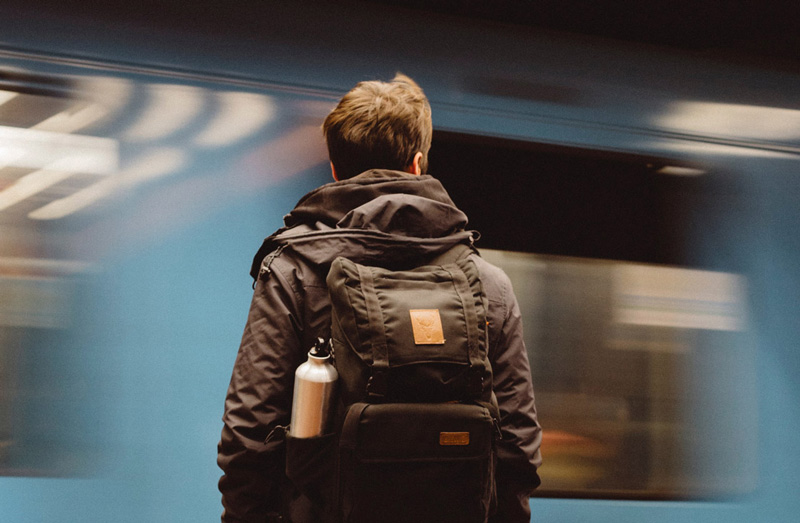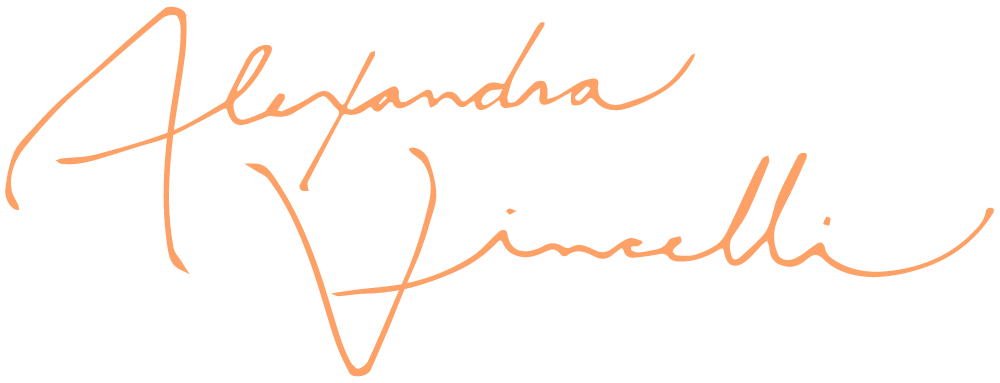
This condescending attribute, often associated with being overly sensitive or offended, is so ubiquitously given to millennials that it makes me wonder how many times I have to remind non-millennials who actually spearheaded many of the movements we’re seeing today: gender and racial equality being two prime examples. As early adopters of social media and technology, it is often forgotten that millennials hold a huge base of power in the ability to shape cultural shifts, spearhead huge social movements, influence public opinions, drive consumer trends, and push societal and environmental boundaries.
The snowflake adjective is one I resent, so I will challenge the label by illustrating that sensitivity often begets change and empowers us with the ability to be empathetic to those we do not understand.
Millennials are generation Y, those born from 1980 to 1999. Many of us are in our late 20s and 30s and by sheer force of numbers have incredible societal impact. Why? We comprise of 75% of the workforce (ref.: The Future of Coaching, by Hetti Einzig). It is also said that we enjoyed a much closer relationship with our parents. Baby boomers saw parenting become a serious occupation with the proliferation of baby books. These books often talked about how the early years shaped psychological health and therefore the critical importance of the parent child relationship. Hence, our parents are often qualified as “friends”.
Many of us also graduated in the worst economy since the great depression. We grew up watching the schools getting shot up by misunderstood kids who had been bullied in the schoolyard. Our ideals were now massacred, and we were faced with the likelihood that mediocre success may no longer be possible for another few decades after graduation. We were attending class in the midst of social media taking up more and more space in the cybersphere. We became addicted to notifications. Taking selfies became a new artform. Bullying took on a whole different level of harassment and psychological distress. Call these “first-world problems” or call them seismic cultural shifts but acknowledging that the biggest technology shift we witnessed in history that took place during our formative years and hormone-laden adolescence was enough to make us question basically everything.
Images mean different things to millennials. We know all the work that went behind crafting the “perfect” image, both literal and figurative. We started to put our feelings on Facebook as headlines. Our friends were even commenting on them! Adding icons such as hearts and happy faces to support or denounce our public, often emotional statuses. Mental health and expression started to take up more space. We started to openly talk about therapy. Many of us read self-help books, read blogs and wrote blogs. Most of us have a platform. We continue to look at our connections on social media as some form of currency. We may even know too much. We have gotten jaded over the years as some of the lofty dreams we once had as kids started to fade away. Entertainment drew a very particular image: wholesome happy endings to almost all movies and consistent images of heteronormative family archetypes were fed to us and labelled as aspirational. Then, all of a sudden, social media gave us carter blanche to share:
Every party we attended.
Every milestone we reached.
Every meal we ate.
Every outfit we wore.
Every moment of wanderlust and travel we experienced.



Every party we attended.
Every milestone we reached.
Every meal we ate.
Every outfit we wore.
Every moment of wanderlust and travel we experienced.
I’m guilty of them all. Nothing was sacred and everything begged for praise. We felt we could share everything and yet, ironically, the rate of loneliness skyrocketed.
Mental health is something I hope we get to talk about on a much bigger scale in the years to come. The disastrous effects of this pandemic have hit mental health on such a crucial level, it worries me how much we’re actually not talking about this. When I speak to friends, many of them feel the same way about being stressed and burnt out, but then they also reiterate that they have a roof over their heads and square meals every day, so why should they complain?
Belittling our human condition and experience does not allow for more profound dialogue over this worldwide tragedy. Our environment is in danger. We consume at alarming rates. We’re more reportedly anxious and depressed than reported in recent history, yet we continue to stay away from being able to express freely that we need boundaries at work. That we may need a mental health day. That we need to talk to someone, and not just a friend, a mental health professional. Many of the millennials I know have challenged me to tell me that we are in fact making strides and that we are seeing a shift in our values because people are starting to feel comfortable about talking about mental health. I would challenge back and say there’s still a lot of work to be done.
I have a podcast aptly named Anxious Millennial, because I am one, proudly. I interview many different types of entrepreneurs who have a passion for mental health. They are vulnerable, powerful people that I’m proud to showcase on my platform. Through my conversations, many of my guests voice the ills of the ongoing, underlining, overachiever’s notion that status and resources still, unfortunately, matter. That maintaining an image is important and work is a pillar to life.
Let’s hope the end of this pandemic allows us time for introspection and change at a systemic level where we can finally witness compassion and understanding about the complexities of being a human being. I, for one, have hope.
